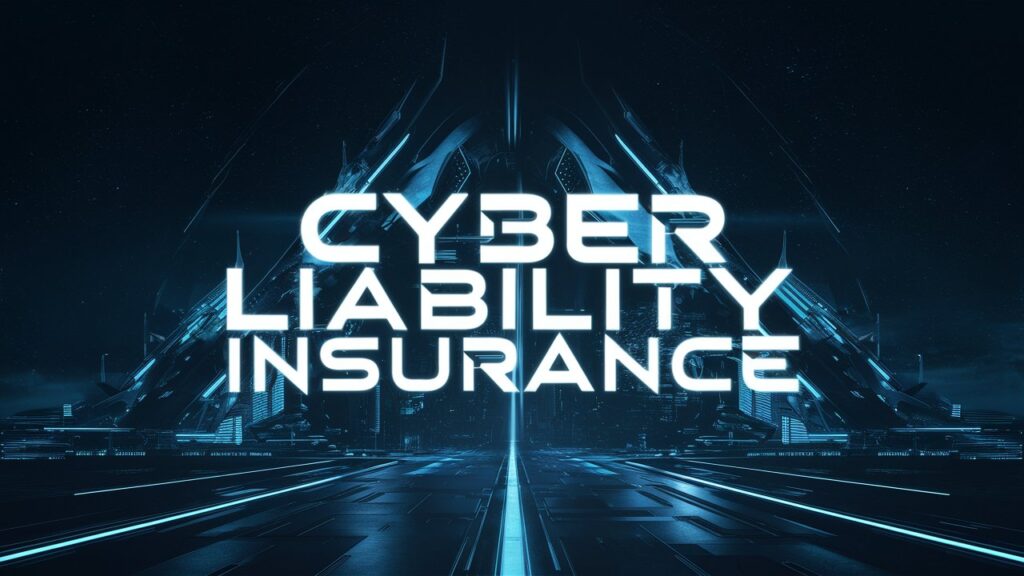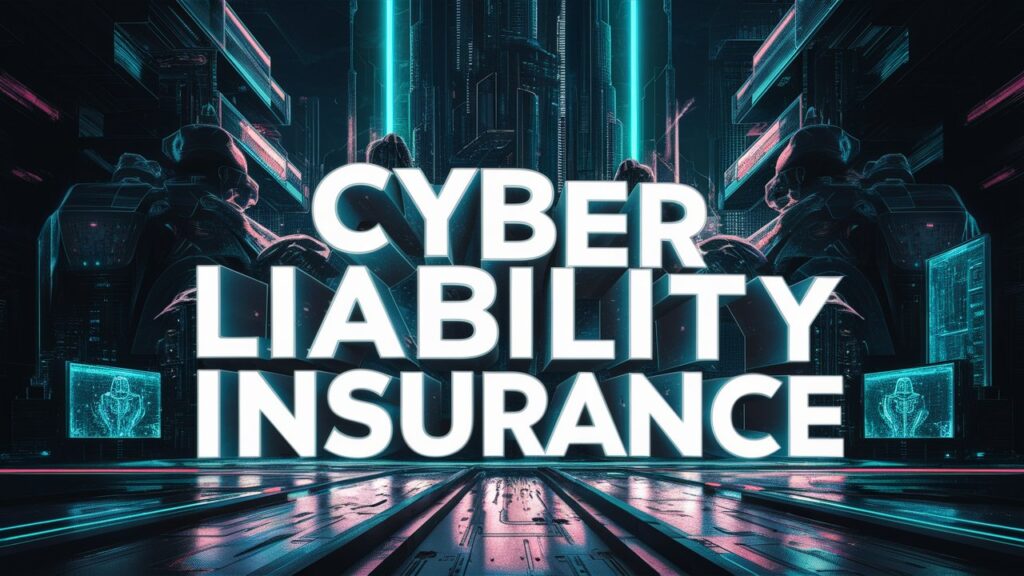In today’s digital landscape, Cyber Liability Insurance is essential. It shields businesses from the financial fallout of data breaches and cyber attacks, offering protection against legal fees. And the data recovery costs, and reputation damage. Discover why every business needs this critical coverage.
Introduction
In an increasingly digital world, where businesses rely heavily on technology to operate efficiently, the risk of cyber threats looms larger than ever. The data breaches to malicious attacks, the consequences of cyber incidents can be devastating, affecting not only the organization’s finances but also its reputation and customer trust.
To mitigate these risks, businesses turn to Cyber Liability Insurance—a specialized insurance product designed to provide financial protection and support in the event of cyber-related incidents. In this comprehensive guide, we delve into the intricacies of Cyber Liability Insurance, exploring its importance, coverage options, key benefits, and considerations for businesses of all sizes.
Understanding Cyber Liability Insurance
It is a crucial component of a comprehensive risk management strategy in the digital age. It encompasses various coverages tailored to address the specific risks posed by cyber threats. Broadly categorized, Cyber Liability Insurance typically includes two primary types of coverage: first-party and third-party coverages.
First-Party Coverage
First-party coverages under Cyber Liability Insurance are designed to protect the insured business itself against direct costs incurred as a result of a cyber incident.
These may include
- Data Breach Response Costs
Expenses related to investigating a breach, notifying affected individuals, providing credit monitoring services, and managing public relations.
- Data Loss and Restoration
Costs associated with recovering lost or corrupted data due to a cyber incident.
- Business Interruption
Financial losses incurred as a result of downtime causing by a cyber attack, including revenue loss and extra expenses to resume operations.

- Cyber Extortion
Expenses related to responding to threats of extortion from cybercriminals who demand payment to prevent or stop a cyber attack.
Third-Party Coverage
Third-party coverages, on the other hand, protect businesses against claims and lawsuits brought by external parties, such as customers, clients, or other entities affecting by a cyber incident. These coverages typically include.
- Legal Costs and Defense
Coverage for legal fees, settlements, and judgments resulting from lawsuits alleging negligence or failure to protect sensitive data.
- Regulatory Fines and Penalties
Coverage for fines and penalties imposed by regulatory bodies for violations related to data protection laws and regulations.
- Media Liability
Protection against claims of defamation, libel, or copyright infringement arising from the publication of content on the company’s website or social media platforms.
Key Benefits of Cyber Liability Insurance
Financial Protection
Cyber attacks and data breaches can lead to significant financial losses, including legal expenses, regulatory fines, and costs associated with customer notification and credit monitoring.
It provides financial protection by covering these expenses, helping businesses minimize the financial impact of a cyber incident.

Reputation Management
A cyber incident can severely damage a company’s reputation and erode customer trust. Cyber Liability Insurance often includes resources for managing public relations and restoring the company’s reputation after a data breach or cyber attack. This proactive approach can help businesses retain customers and mitigate long-term damage to their brand image.
Compliance Support
Data protection laws and regulations, such as the GDPR in Europe or the CCPA in California, impose strict requirements on businesses regarding the collection, storage, and handling of personal data.
Cyber Liability Insurance providers often offer resources and support to help businesses understand and comply with these regulations, reducing the risk of regulatory fines and penalties.
Considerations for Businesses
While Cyber Liability Insurance offers valuable protection against cyber risks, businesses should consider several factors when selecting a policy
- Coverage Limits and Exclusions
Review the policy’s coverage limits, exclusions, and sub-limits to ensure they align with the business’s specific risks and exposures.

- Risk Assessment and Mitigation
Implement robust cybersecurity measures and protocols to minimize the likelihood of a cyber incident. Many insurers require businesses to demonstrate proactive efforts to mitigate cyber risks.
- Claims Process and Response
Understand the claims process outlined in the policy and ensure that the insurer provides timely and efficient support in the event of a cyber incident.
Conclusion
In conclusion, Cyber Liability Insurance is a critical tool for businesses seeking to protect themselves against the growing threat of cyber attacks and data breaches. By providing financial protection, supporting reputation management efforts, and aiding in regulatory compliance, Cyber Liability Insurance enables businesses to navigate the complexities of the digital landscape with greater confidence. As cyber threats continue to evolve, investing in robust Cyber Liability Insurance coverage can safeguard not only a company’s financial stability but also its reputation and future growth prospects in an increasingly interconnecting to the world. To safeguard your business from the unforeseen, consider Cyber Liability Insurance as a cornerstone of your risk management strategy in today’s digital age.
For more details please visit our home page: Click Here

